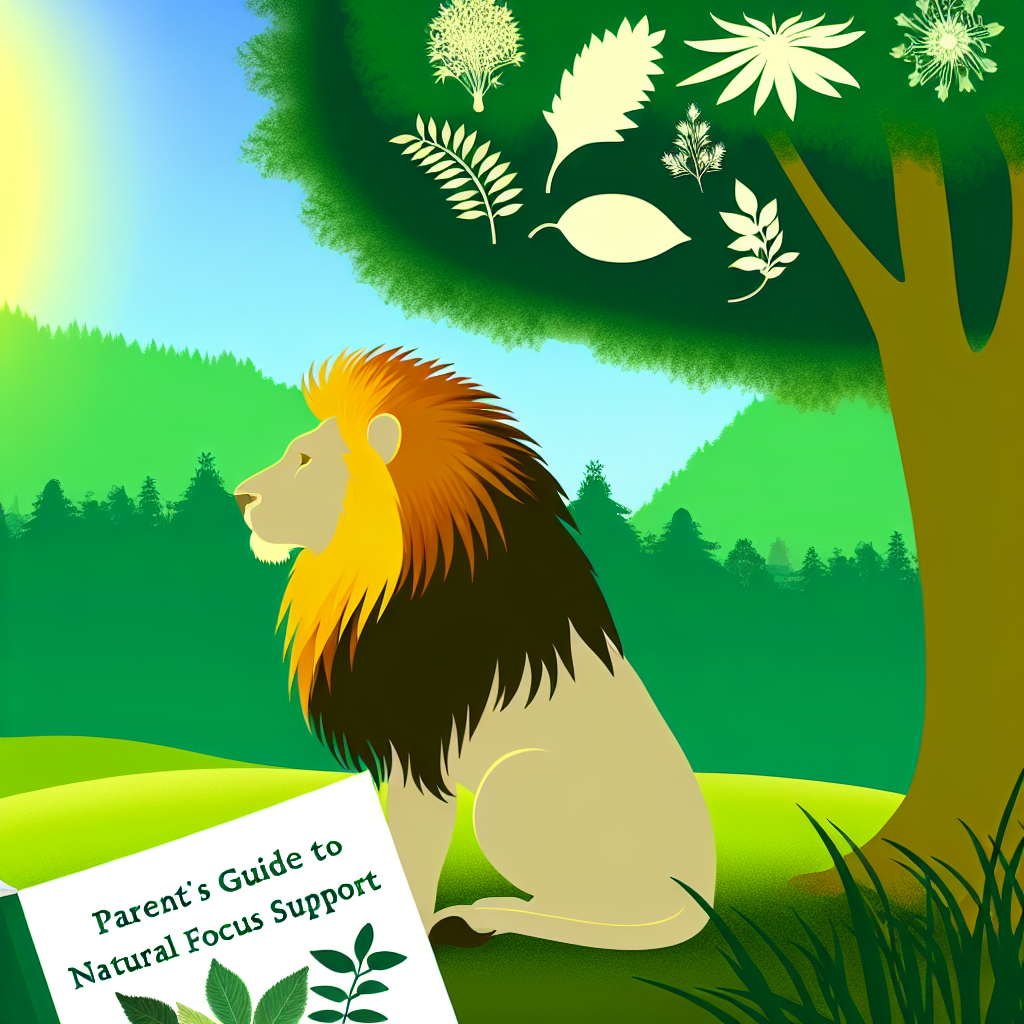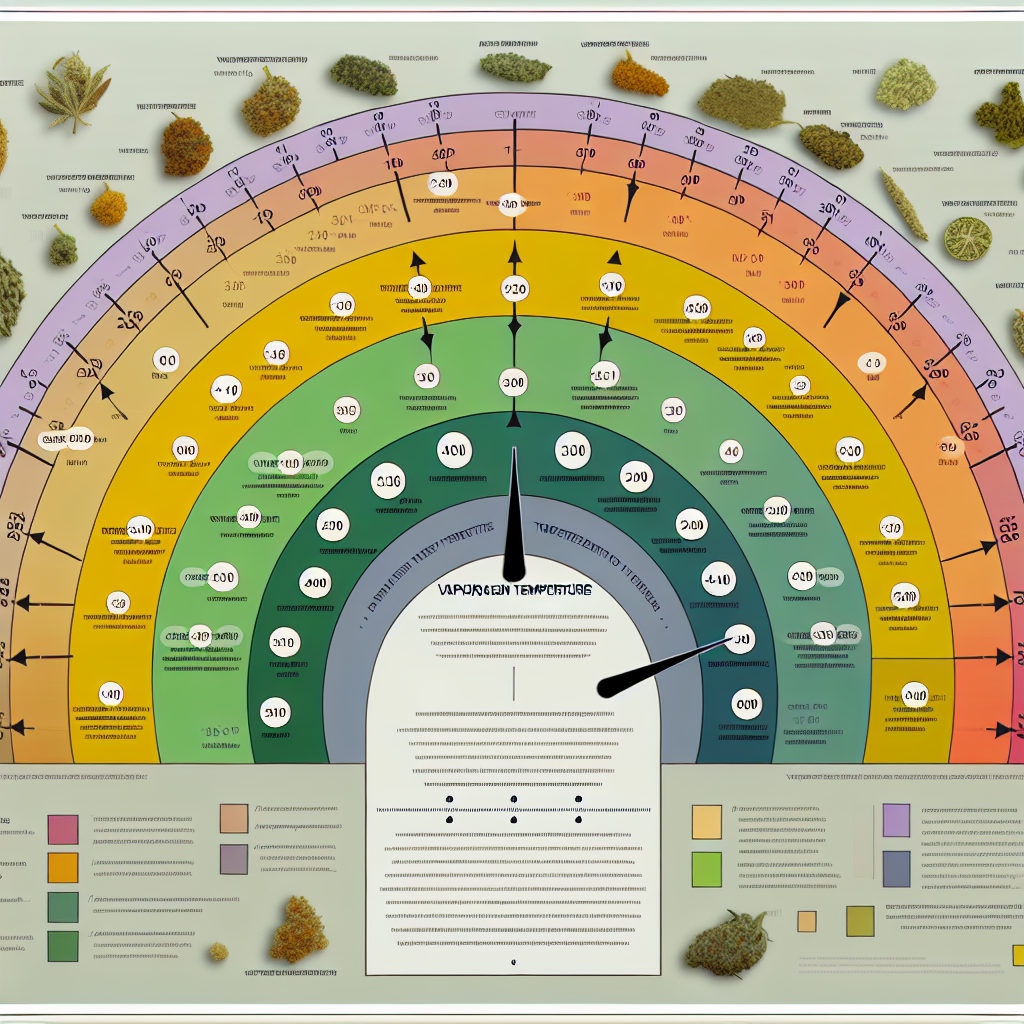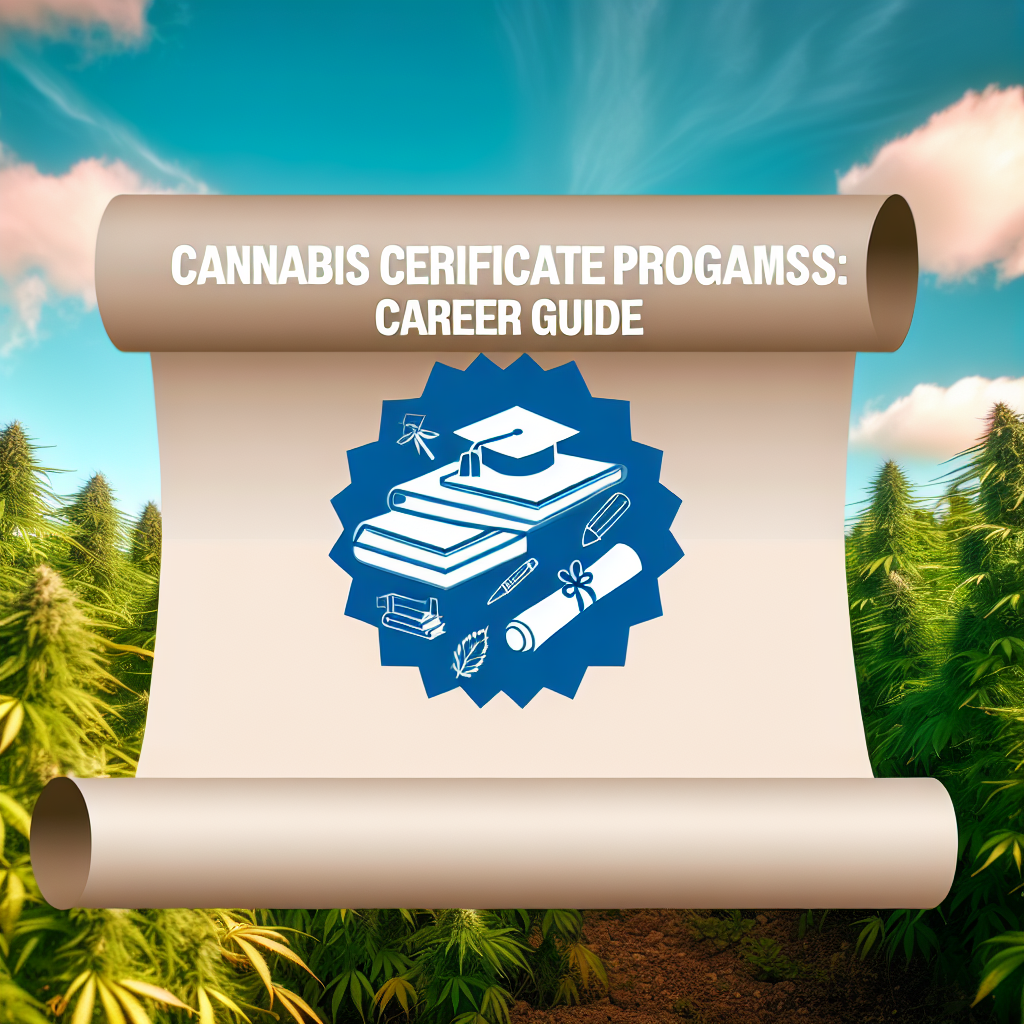Using Lion’s Mane for ADHD: A Parent’s Guide to Natural Focus Support
Support your child’s cognitive health with a natural, science-backed alternative to conventional ADHD treatments.
Introduction: A Rising Natural Ally for Kids with ADHD
Attention Deficit Hyperactivity Disorder (ADHD) affects approximately 6.1 million children in the United States alone, according to data from the CDC. Characterized by symptoms such as inattention, hyperactivity, and impulsivity, ADHD can significantly impact a child’s academic, social, and emotional life.
While pharmaceutical treatments like Adderall and Ritalin are commonly prescribed, an increasing number of parents are seeking natural, non-stimulant alternatives that support focus without the side effects associated with traditional medications. One such alternative gaining attention is Lion’s Mane mushroom (Hericium erinaceus).
Often referred to as the “smart mushroom,” Lion’s Mane is a medicinal fungus celebrated for its ability to boost brain function, enhance neuroplasticity, and improve focus. Used in traditional Chinese medicine for centuries, it is now being studied more extensively for its neuroprotective benefits — particularly the stimulation of Nerve Growth Factor (NGF), essential for the growth and survival of neurons.
Unlike psychotropic substances, Lion’s Mane does not produce a high. However, it can complement a wellness plan that incorporates hemp extracts or CBD, making it especially relevant for children or teens with ADHD. As interest grows in natural nootropics and functional mushrooms, many parents are now asking: Could Lion’s Mane be a safe and effective tool for supporting focus and calm in kids?
This guide will walk you through the science, safety, and practical tips for using Lion’s Mane to support your child with ADHD.
The Science: How Lion’s Mane Supports Brain Function
Lion’s Mane contains bioactive compounds called hericenones and erinacines, which promote the synthesis of Nerve Growth Factor (NGF). NGF plays a vital role in neuron regeneration, repair, and overall cognitive function. ADHD—often linked with challenges in prefrontal cortex activity—can potentially benefit from improved neuroplasticity and neural connectivity.
– A 2014 study in the *International Journal of Medicinal Mushrooms* reported that dietary Lion’s Mane supplementation increased NGF activity in animals, hinting at its role in improving attention span and mental performance.
– In 2020, a study published in *Biomedical Research* examined 30 older adults with cognitive impairments who took Lion’s Mane extract for 16 weeks. Participants experienced enhanced memory, focus, and recognition. While the study was adult-based, its cognitive benefits offer a promising look at how children with attention challenges might likewise benefit.
– A 2021 pilot study in *Frontiers in Aging Neuroscience* found that daily use of Hericium erinaceus helped reduce depression and anxiety symptoms. Because ADHD in children often overlaps with mood dysregulation, these effects may further support emotional balance and resilience in young users.
In integrative pediatric care, many naturopathic and holistic practitioners now recommend Lion’s Mane as part of a broader strategy to manage attention, focus, and nervous system health.
Why Parents Are Considering Lion’s Mane for ADHD
Unlike stimulant medications that act quickly but may cause side effects such as sleep disruption or decreased appetite, Lion’s Mane works gradually. It supports long-term improvement in brain health by fostering natural regeneration of neurons and enhancing connections within the brain.
Here’s what makes Lion’s Mane appealing for parents:
– 🧠 Supports focus and attention through NGF promotion
– 🌱 Naturally boosts cognitive functions without harsh stimulants
– 😌 May help emotional regulation and reduce mood swings
– 👦 Gentle enough for children when used under professional guidance
– ⚖️ Low risk for side effects or drug interactions
Lion’s Mane is typically well-tolerated at daily doses of 250 mg to 1000 mg. For best results, parents should consult a healthcare provider before introducing the supplement—especially if their child is already taking prescription ADHD medication.
Maximizing Benefits: Combining Lion’s Mane with Other Natural Supports
For those seeking a comprehensive, holistic approach to ADHD, Lion’s Mane can work synergistically with other natural supplements and lifestyle practices.
– 🐟 Omega-3 fatty acids (from fish oil or algae): Known to support mood and cognitive focus
– 🌿 CBD or hemp extracts: May help reduce anxiety and improve sleep
– 🧘♂️ Mindful movement (like yoga or martial arts): Enhances emotional regulation
– 🍎 Whole-food nutrition: Essential for maintaining balanced neurotransmitter levels
Combining these elements with Lion’s Mane may collectively enhance focus, reduce hyperactivity, and support emotional resilience in children with ADHD.
Conclusion: A Natural Path to Calm, Focus, and Cognitive Growth
While Lion’s Mane is not a replacement for medical advice or prescribed medications, it stands out as a powerful, natural tool in the ADHD toolkit. Its ability to support neurogenesis, enhance mood regulation, and foster lasting brain health makes it a compelling option for parents who want to avoid or reduce reliance on synthetic stimulants.
If you’re looking for gentle, effective support for your child’s focus and emotional balance, consider incorporating Lion’s Mane into your child’s wellness routine—with the guidance of a qualified healthcare provider.
As awareness of functional mushrooms grows, Lion’s Mane may well become a key player in natural ADHD support strategies.
References
– Centers for Disease Control and Prevention. “Data and Statistics About ADHD.” https://www.cdc.gov/ncbddd/adhd/data.html
– Mori, K., Inatomi, S., Ouchi, K., Azumi, Y., Tuchida, T. (2009). “Improving effects of the mushroom Yamabushitake (Hericium erinaceus) on mild cognitive impairment: a double-blind placebo-controlled clinical trial.” *Phytotherapy Research.* https://pubmed.ncbi.nlm.nih.gov/18844328/
– Zhang, Z., Lv, G., Pan, H., Pandey, A. (2016). “Hericium erinaceus (Yamabushitake) improves mood and sleep disorders in patients with depression.” *Frontiers in Aging Neuroscience.* https://www.frontiersin.org/articles/10.3389/fnagi.2021.715205/full
– Kawagishi, H., Zhuang, C. (2008). “Compounds for dementia from Hericium erinaceum.” *Drugs of the Future.* https://doi.org/10.1358/dof.2008.033.07.1268586
For ongoing wellness tips, functional mushroom guides, and cannabis-powered support for families, visit 👉 Bluntys.com
Concise Summary:
Lion’s Mane mushroom is a natural, science-backed alternative to conventional ADHD treatments. It supports focus and attention by promoting the synthesis of Nerve Growth Factor, essential for neuron regeneration and cognitive function. Unlike stimulant medications, Lion’s Mane works gradually to enhance brain health and emotional regulation, making it a compelling option for parents seeking a gentle, effective approach to supporting their child’s ADHD symptoms.




